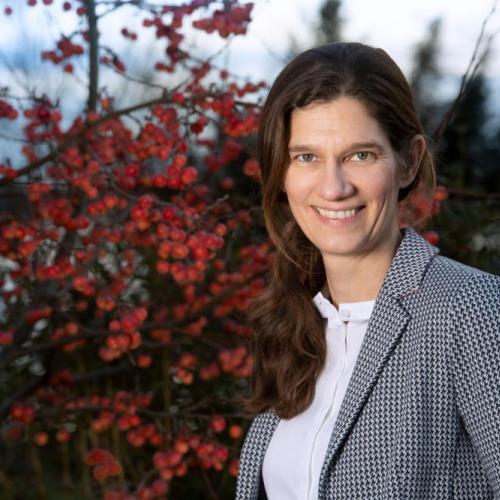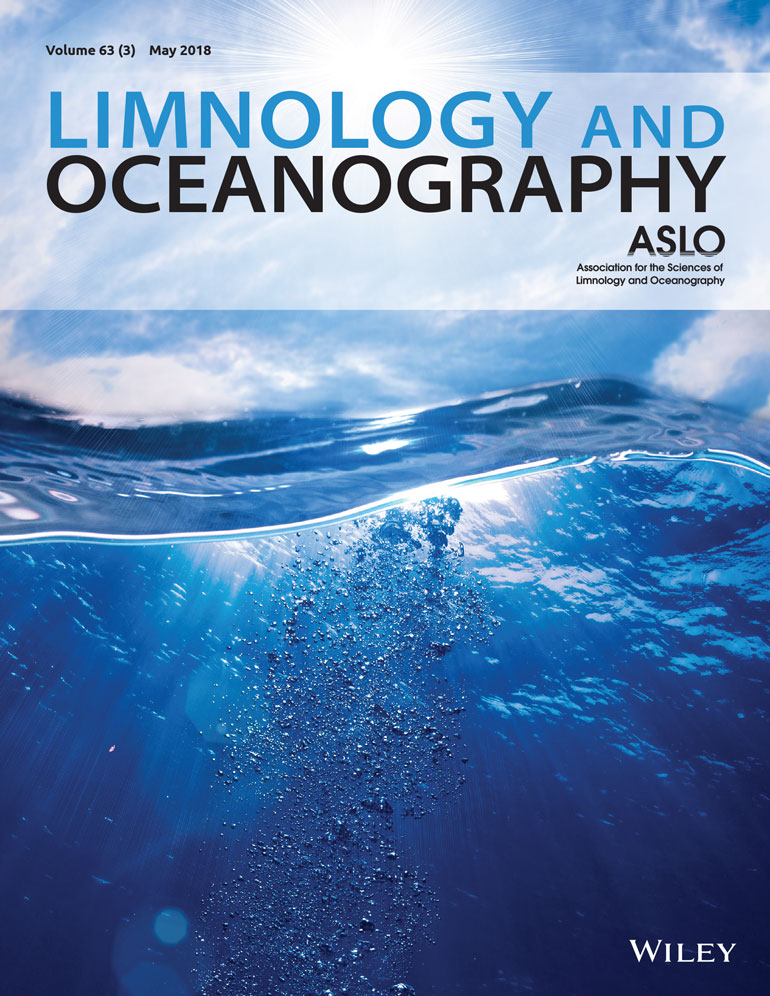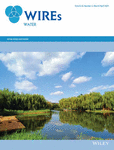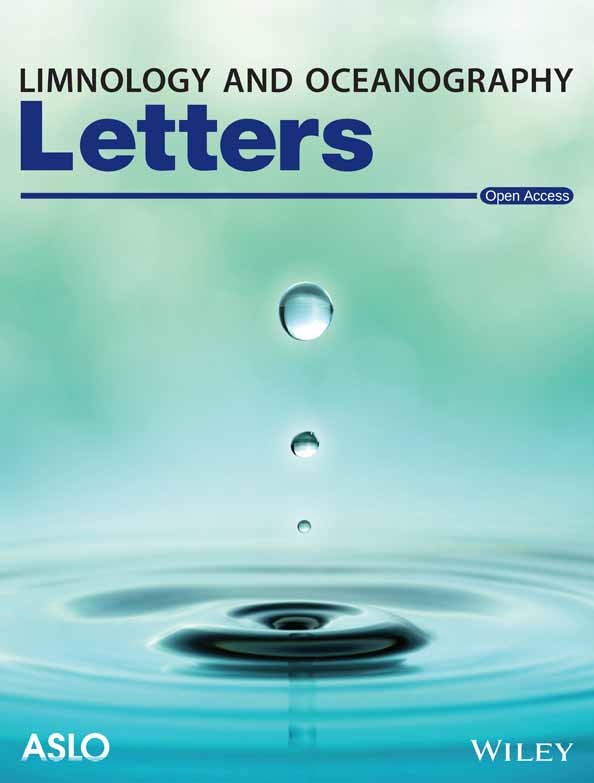(Dept. 2) Community and Ecosystem Ecology
Inland waters support exceptional biodiversity, are characterised by intense metabolism of matter, and provide important ecosystem services. However, freshwater ecosystems face high and increasing pressures from multiple stressors. The Department of Community and Ecosystem Ecology conducts research in both standing and running waters studying the response of freshwater communities and ecosystems to global change. Ultimately, we aim to advance our mechanistic understanding of the structure and functioning of inland waters as a basis for their sustainable management. Specifically, we focus on:
- Response of freshwater communities and diversity to changing environments
- Interactions between freshwater communities, their environment and ecosystem functioning
- Spatial and temporal freshwater biodiversity patterns
- Sustainable management of freshwater communities and ecosystems
We develop and analyse the long-term monitoring data of Lake Müggelsee and Spree as well as from other inland waters and their catchments, employ spatially explicit statistical and deterministic modelling approaches, and conduct lab and field experiments. Our department additionally encompasses research on the global effects of climate change and biodiversity and develops new theoretical concepts on that.
Research groups
Department members
Selected publications

Towards transformative change for biodiversity: What can we learn from case studies in Germany?
The authors analysed 22 case studies of biodiversity-enhancing societal processes and projects in Germany to identify barriers and success factors, as well as features that support transformative change towards sustainability and the mainstreaming of biodiversity. They identified 16 features that support transformative change for biodiversity, many relevant beyond Germany.
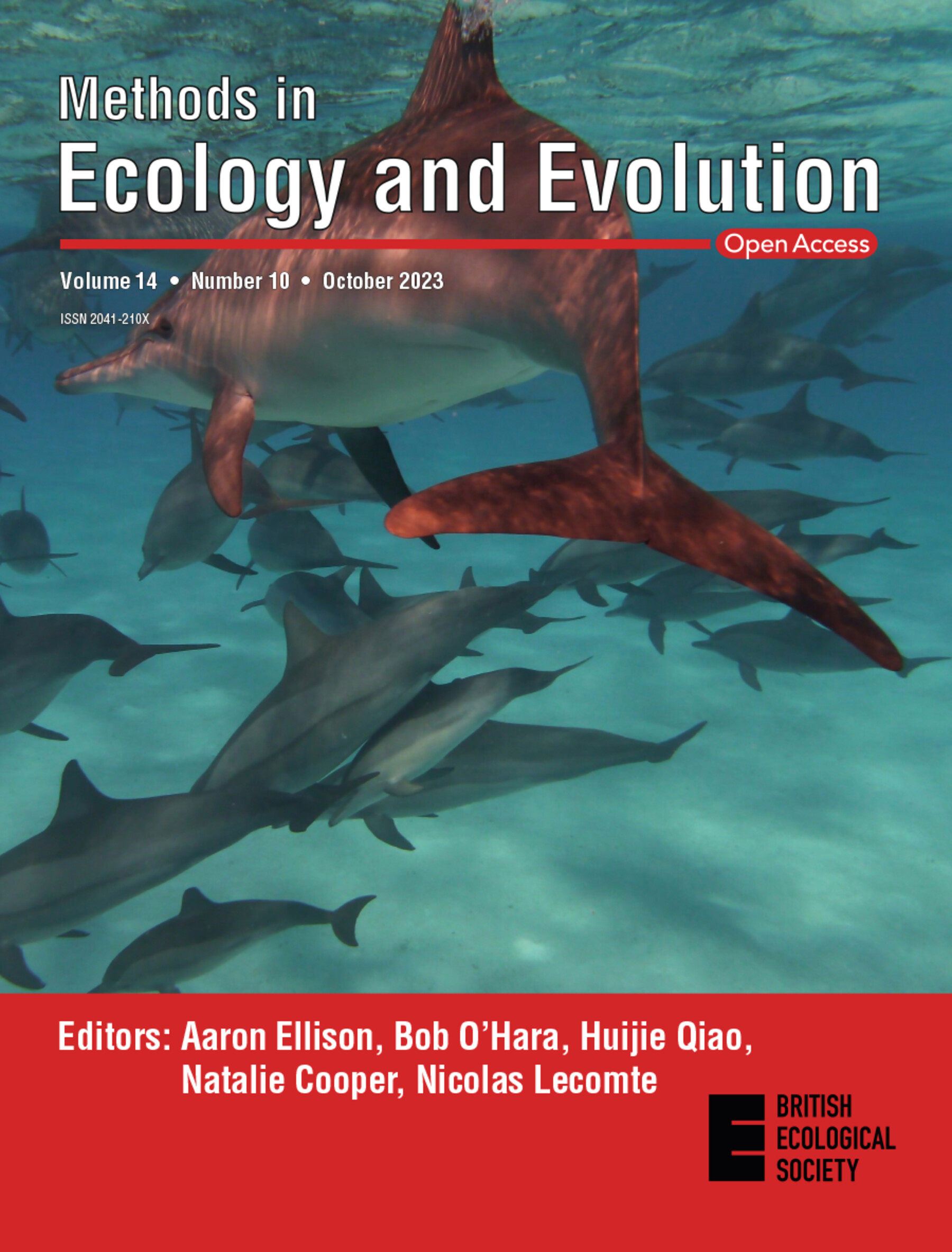
A population Monte Carlo model for underwater acoustic telemetry positioning in reflective environments
In study areas near acoustically reflective surfaces, reflected transmissions may cause large detection outliers that reduce the accuracy of telemetry positioning. A novel time-of-arrival model is presented. This allows for positioning of aquatic animal in acoustically challenging study areas. It provides good measures of positioning uncertainty and is useful for fine-scale telemetry.
Ontogenetic shifts by juvenile fishes highlight the need for habitat heterogeneity and connectivity in river restoration
The authors analysed the habitat use of larval and juvenile fishes in the lower river Rhine. More than 60 per cent of the fish species switched between five different habitat types during their development, which should be available both in the river and connected floodplains. However, human intervention has drastically altered and homogenised the European river landscapes.
Guiding Aquatic Reptile (Chelonian and Crocodylian) Conservation in the Face of Growing Light Pollution: Lessons From Experience
The paper reviews existing knowledge on how aquatic reptiles, especially freshwater crocodilians and turtles, respond to light pollution and discusses existing mitigation strategies. Learning from measures that have proven effective for related taxa, such as sea turtles, could be useful in setting up initial measures to protect freshwater reptiles against light pollution.
Tried and true vs. shiny and new: Method switching in long-term aquatic datasets
There is a shortage of discourse regarding the best practices in switching methods for long-term data collection in aquatic ecosystems. In this paper, factors that contribute to the successes and failures of method switches are discussed. The authors present three case studies that demonstrate successful method switching and then outline best practices for maintaining data integrity.


